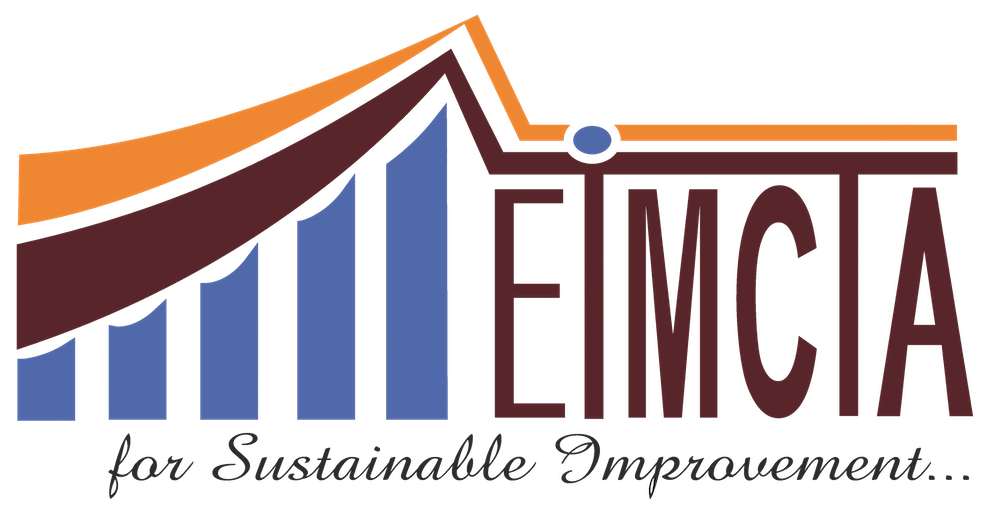Food Allergens training provides numerous benefits for individuals and organizations involved in the food industry. Understanding the principles behind food allergens and their management is crucial for ensuring food safety and preventing adverse reactions in consumers. Here are some of the benefits and principles of Food Allergens training:
Benefits:
Consumer Safety: Training helps ensure that food handlers and professionals are equipped with the knowledge and skills to identify and manage food allergens effectively, reducing the risk of accidental exposure and allergic reactions in consumers.
Legal Compliance: Training ensures compliance with food safety regulations and labeling requirements related to allergens. By understanding and adhering to these regulations, organizations can avoid legal issues and penalties.
Customer Confidence: Proper allergen management and communication instill confidence in customers, especially those with food allergies or sensitivities. Clear labeling and accurate information about allergenic ingredients help customers make informed choices and feel confident about the safety of the food they consume.
Risk Reduction: By implementing allergen management practices learned through training, organizations can minimize the risk of cross-contact and contamination, reducing the likelihood of allergic reactions and associated health risks.
Professional Development: Food Allergens training provides an opportunity for professional development and continuous learning for food handlers, chefs, managers, and other industry professionals. It equips them with valuable skills that can enhance their careers and contribute to the success of their organizations.
Principles:
Identification: The first principle of allergen management is to accurately identify and recognize common food allergens, including peanuts, tree nuts, milk, eggs, soy, wheat, fish, and shellfish. Understanding which ingredients contain allergens is essential for effective management.
Prevention: Prevention involves implementing measures to prevent cross-contact and contamination between allergenic and non-allergenic foods. This includes proper cleaning, sanitation, segregation, and labeling practices throughout the food handling process.
Communication: Effective communication is key to allergen management. Food handlers must clearly communicate the presence of allergens in menu items to customers, both verbally and through accurate labeling and signage. Additionally, communication among staff members is essential to ensure everyone is aware of allergen protocols and procedures.
Education and Training: Training plays a crucial role in educating food handlers and professionals about food allergens, their potential risks, and the importance of proper management practices. Ongoing education and training ensure that staff members are knowledgeable and up-to-date on best practices.
Documentation: Proper documentation of allergen management practices, including ingredient lists, recipes, labeling procedures, and cleaning schedules, helps ensure accountability and traceability. Accurate record-keeping facilitates compliance with regulations and provides a reference for audits and inspections.
